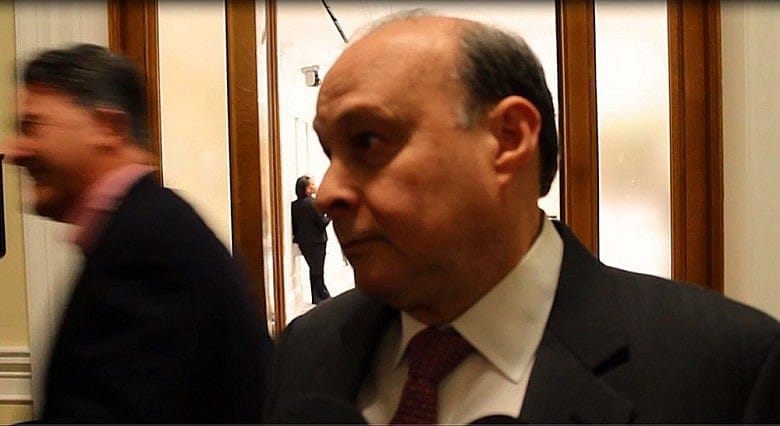Charter school legislative course may circle until January

BOSTON – A decision from the state Senate on whether to pursue charter school expansion or leave the issue for Massachusetts voters to settle next year may not come until early January, Senate President Stanley Rosenberg (D-Amherst) said Wednesday after a private bipartisan meeting to weigh the pros and cons.
The Senate holds the trump card that will determine which path charter school advocates will have to walk to pursue expansion. While ballot petitioners can look to election day next year if the Senate declines to pursue a bill, proponents on Beacon Hill, including Gov. Charlie Baker, a Republican, have expressed their preference for legislative action.

